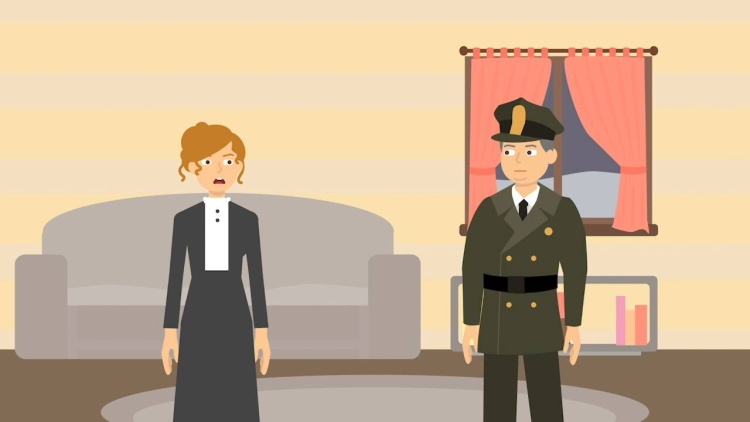Glover v. Jewish War Veterans of United States
District of Columbia Municipal Court of Appeals
68 A.2d 233 (1949)
- Written by Megan Petersen, JD
Facts
Maurice Bernstein was murdered on June 5, 1946. The next day, Jewish War Veterans of the United States (JAWUS) (defendant), a private organization, published an advertisement in a local newspaper offering a reward of $500 for information leading to the arrest and conviction of the persons responsible for Bernstein’s murder. A few days later, Jessee James Patton was arrested as a suspect for the murder. Patton told police the other murderer was Reginald Wheeler, and that Wheeler was the boyfriend of the daughter of Mary Glover (plaintiff). The police questioned Glover, who told them that her daughter and Wheeler left the city on June 5th. The police requested information about the names and addresses of Glover’s relatives who might be hosting her daughter and Wheeler. Glover provided this information. The police investigated the addresses and found and arrested Wheeler at the home of one of Glover’s relatives. Wheeler and Patton were later convicted of Bernstein’s murder. A few days after speaking with the police, Glover and her husband learned of the reward offered by JAWUS for information leading to the arrest of Bernstein’ murderers. Glover did not know about the reward when she first provided information to the police, and the police did not mention the reward to Glover. Glover brought suit against JAWUS in District of Columbia court, seeking the $500 reward money. The trial court held Glover was not entitled to the reward, and Glover appealed.
Rule of Law
Issue
Holding and Reasoning (Clagett, J.)
What to do next…
Here's why 907,000 law students have relied on our case briefs:
- Written by law professors and practitioners, not other law students. 47,100 briefs, keyed to 996 casebooks. Top-notch customer support.
- The right amount of information, includes the facts, issues, rule of law, holding and reasoning, and any concurrences and dissents.
- Access in your classes, works on your mobile and tablet. Massive library of related video lessons and high quality multiple-choice questions.
- Easy to use, uniform format for every case brief. Written in plain English, not in legalese. Our briefs summarize and simplify; they don’t just repeat the court’s language.





